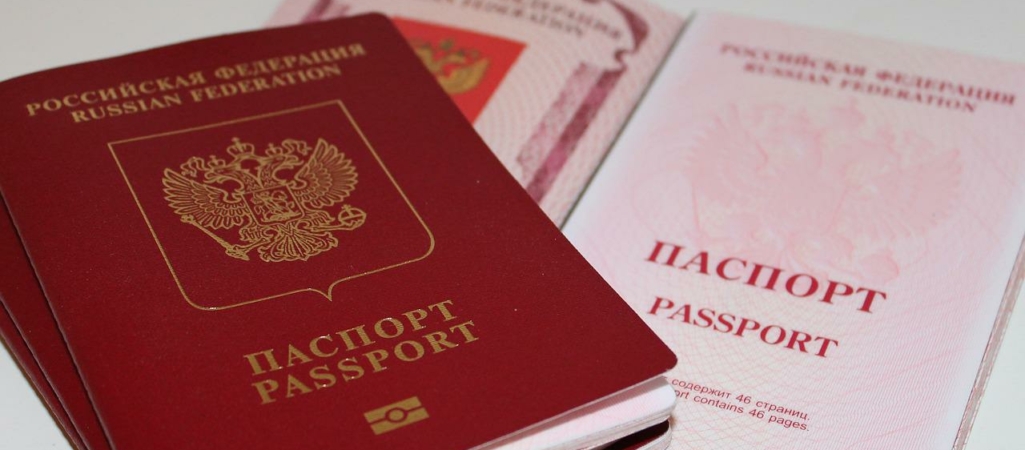MEP Gyöngyösi: Russia’s covert network is fully operational, but who will stop it?
Sponsored content
MEP Márton Gyöngyösi’s (Non-attached) thoughts via press release:
According to intelligence data released recently, Russia has spent USD 300 million since 2014 on attempting to influence politicians and public officials. Ever since the war broke out in Ukraine, Moscow has kept using the people on its payroll to destabilize Europe. Hungarian Prime Minister Viktor Orbán is undoubtedly one of the “biggest fish” in Russia’s net. But who will stop Moscow’s European cronies?
The Kremlin-influenced Fidesz MEPs were not left alone in this debate at all. As part of a sophisticated manoeuvre, they involved the far-right MEPs of other countries in their effort to discredit and dismiss the charges brought up against Viktor Orbán’s governing methods. Even though all sensible people are likely repulsed by the operation of the Budapest regime just as much as the style of its remaining friends, you have to admit the network functions professionally.
Let’s make it clear: this is not the same as eight or ten years ago when Russia was still trying to poach and recruit naive young people seeking to find their way.
Neither is it the same as how Russia, back before the war broke out, was using economic arguments in an attempt to convince certain politicians that they should consider choosing Moscow as a partner for cooperation. Today’s situation is completely different as it must have become clear for everyone since the dawn of 24th February at the latest, that Moscow has no interest whatsoever in any equal cooperation or co-existence. Those days were a huge wake-up call for many who used to believe in such things.
On the other hand, if you look at the political leaders who are still parroting the Kremlin’s talking points, despite having the resources of an entire country at their disposal to make informed decisions, you will likely conclude they don’t do this out of naivety. They do it because they are controlled, blackmailed or bought and paid for.
Now that United States intelligence sources released the information that they are fully aware who Russia’s European agents are, everybody got a clear message: there is a war going on and you can’t feel safe if you support the enemy.
The question is what the European Union will do about such openly anti-Europe and pro-Russia politicians as Viktor Orbán, for example, who have an influence on the community’s policies. Looking at the events of the past months, Europe is beginning to come to its senses and speak in a common voice. Still a bit slowly, but increasingly surely. However, if Europe doesn’t want this sluggish awakening to turn into a disaster, it must do something about the looming danger.
When I am writing this post, the entire Hungarian media is reporting how Viktor Orbán professed his faith in Russia’s victory and suggested that Hungary should leave the European Union. After such a clear provocation, I believe we can certainly ask the question: where are the real, targeted sanctions against such Russian agents as Viktor Orbán and his government?
It’s high time for them to be imposed.
Disclaimer: the sole liability for the opinions stated rests with the author(s). These opinions do not necessarily reflect the official position of the European Parliament.

Read alsoMEP Gyöngyösi: Why it’s bad idea to make it harder for avarage Russian people to enter the EU
please make a donation here
Hot news
What happened today in Hungary – 26 July, 2024
Drama: number of births in a 20-year low in Hungary
Yay or nay? – 6 odd Hungarian delicacies that make our skin crawl
Budapest tourism “exploded” this past weekend
Container transport in Budapest may stop: How will this affect Hungarian economy?
Minister: Hungary will protect its territory by every means possible




1 Comment
One could start to wonder if, or maybe even when, we are going to read that Marton Gyongyosi suffered a case of self-defenestration. 😉 😀
– Is it any wonder that V.O. wants only the ruling parties to be represented in the EU parliament